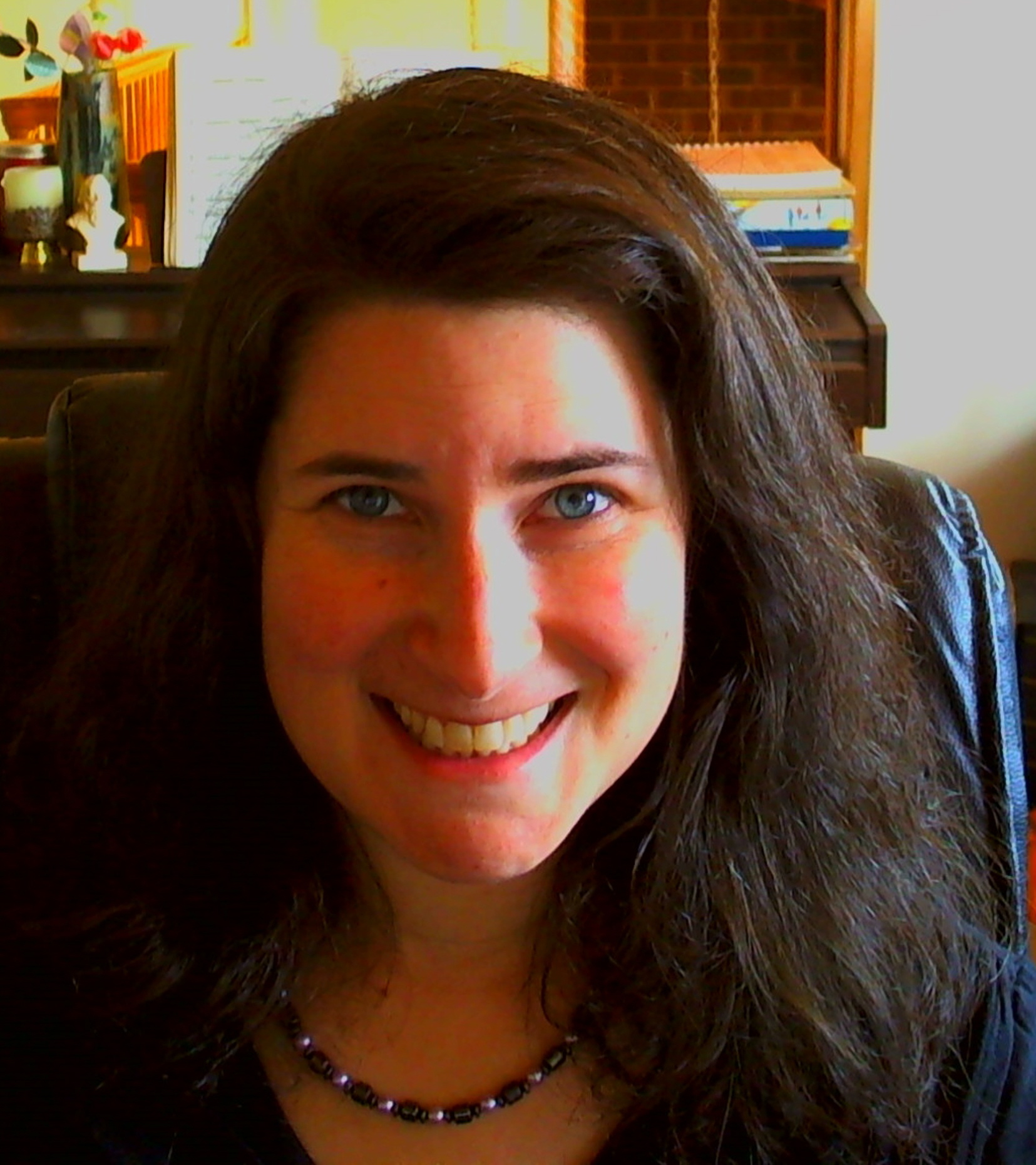I am feeling the fear, the gut churn, and putting this out anyway!
I was not planning on posting today since yesterday’s essay took some time to put together, but I came across an article that is a must read, and I wanted to put out a point to consider. This point was not brought up at our conference, and I am not sure we are talking about this issue enough in general.
The fear of speaking up in the arts world
We speak about how the arts can be perceived as elite from an audience perspective, but what about from the artists’ perspective. This issue also applies to up and coming arts consultants and arts administrators that are trying to break into the industry.
The point is, if we want to get rid of the elitism perspective from an audiences standpoint, from outside our arts industry, we also need to get rid of it inside our arts industry.
If we truly want a welcoming, inclusive atmosphere, barriers within our arts industry need to come down. When this happens, I believe it will help with the audiences’ perceptions as well.
From a personal standpoint, I sometimes feel the fear of speaking up (believe it or not). There does at times seem to be the “Big Boys Club”* when it comes to breaking into a speakers pool or perhaps a particular arts circle. I can imagine certain artists feel the same way in regard to funding, presenting, and equal opportunities for jobs. We are starting to scratch the surface with discussions about gender equality and diversity in the arts. I feel though that the only way these discussions will gain any traction toward results is if the members of the “Big Boys Club” become a part of the movement themselves. Is this likely to happen? Maybe, maybe not.
Perhaps we can incorporate a strategy of being more welcoming among ourselves?
The author mentioned her realization of this current reality we live in, and instead of fighting, she came to terms with accepting and working around this heavy status quo. This may be a solution, finding ways to do what you need and want to do regardless of not getting into that elite club within the arts industry. However, it is not an easy path, and it is less of a guarantee of getting what you want and need to carry out your mission.
In any case, I hope this issue is explored more. Desiring the arts to be for everyone to me also means allowing our arts industry to function for everyone. It is time to be inclusive within the arts as well.
Cheers to happy and loyal audiences, and artists,
Shoshana
Shoshana Fanizza
Chief Audience Builder, ADS
*I am using this term to describe any group that has an elite feel and shuts out other people.





The question for me is: why is elitism always on the other side of the line you’re standing near? Because I feel that way about my access to institutional level theatre organizations but have been accused of ENFORCING elitism in my online life. And on the basic idea: how do we, as a fiercely hierarchical species create a non-hierarchical sub-society?
I will also say that 90% of the time in my (highly privileged) life much as in audience perception the elitism has been client side not server side and when I break through my preconceptions I have generally not been actually excluded.
Thank you, Travis, for your powerful admission and thoughtful perception about elitism coming from within ourselves rather than from the group level. It goes along the lines of what I had mentioned, if we all work on becoming more welcoming, meaning it comes from ourselves respectively, this may help break down the barriers.
I do feel you are correct that sometimes our perceptions are incorrect as well. We may be perceiving an elite vibe, but maybe it is all in our heads too. The only way to find out is if we give it a go to start a conversation with the “elite group.”
I think what the author of the article was saying is the fact that she did attempt to become part of a particular group, opportunity, etc., and she was in fact shut out seeing that only a certain type of person was let in.
Thank you again for continuing this important conversation. We all can learn to quash that elite monster within ourselves to become more inclusive. Like peace, it starts within each and every one of us!
So as a perpetrator of elitism… the constant welcoming is exhausting and led to me not doing the things that were advancing me. People’s insecurities about need permission continually meant that my energy in being the guy near the door (as differentiated from gate keeper) was being demanded and if imperfectly delivered, derided.
The author mentioned being in a different “lane” of success than others but that is based on the author’s perception of lanes and effort and the benefits of each. Which isn’t to say the perception of that is incorrect. Only that I have used those words in terms of my own success because I had an idea of what success was and how it felt, and if I wasn’t feeling those things it meant I hadn’t “succeeded”.
There was a similar type of article in Exeunt recently with a successful artist writing a Dear John letter to theatre because it never gets easier and “it should”. I’ve never met anyone for whom it’s gotten easy. Anywhere up or down the chain. Grind isn’t a feature of low status, it’s a feature of the undercapitalised industry.
ALL of which is not to deny the structural issues with access and lack fluidity in the power structures of the arts… simply that we need to be honest with ourselves when we’re dealing with being tired of grind and hills and when we’re facing the structures.
Oh so true! Our perceptions of what “should” happen could be what gets in the way of what is best to happen in order to succeed. The success does need to be perceived as a success as well. If that makes sense.
I do like the fact that you bring up the “insecurities about need permission” as well. It goes along the lines of a point from one of the keynotes this weekend, which is to not put too much power into other people’s viewpoints and instead focus on your voice instead.
To add even more wood to the fire, there sometimes is the “American Idol” syndrome when someone who thinks they can sing, really can’t, and the confrontation that results after they do not get in. Yes, this is a piece of the puzzle too. I am assuming that the author’s art is amazing and the quality card was not the factor for being shut out.